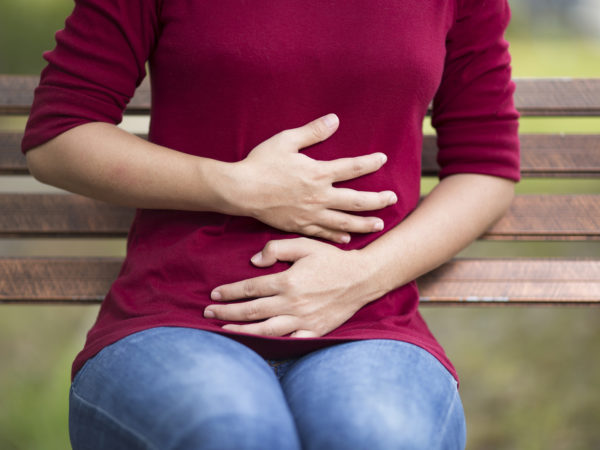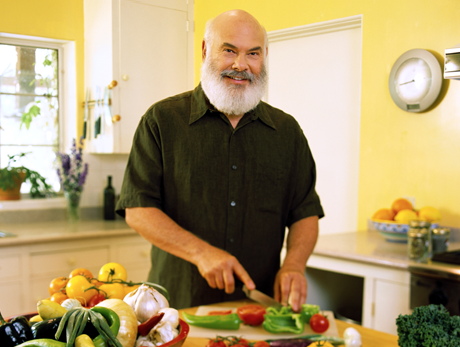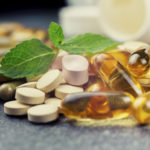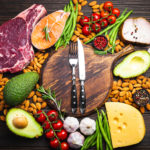Is Endometriosis A Concern? 8 Dietary Tactics To Try

Endometriosis, a condition where tissue resembling the lining of the uterus is found in the abdomen, is marked by severe pain, most often in the form of menstrual cramps or more severe pain which can be anywhere in the abdomen or even chest. Its exact cause is not yet known, but it does have a strong inflammatory component and, like the lining in the uterus, is influenced by estrogen. A number of dietary measures can help relieve symptoms by reducing inflammation and balancing the activity of estrogen in your system. Start managing endometriosis nutritionally with my anti-inflammatory diet along with trying the following dietary changes:
- Eliminate all dairy foods (allow at least four to six weeks to observe any improvements).
- Eat only organic, hormone-free meat, or no meat at, all for a while to avoid any additional estrogen exposure.
- Emphasize whole, organic soy foods in your diet. Edamame, tofu, tempeh and soymilk without added sweetener are rich in plant estrogens and seem to modulate the actions of other forms of estrogen which can help minimize endometriosis.
- Limit alcohol intake, which may influence estrogen production.
- Choose organic foods whenever possible.
- Higher insulin tends to increase estrogen, so focus on lowering your intake of refined and processed sweeteners, flours, chips and crackers. Also make sure that regular exercise is part of your week.
- Drink a cup or two of red raspberry leaf tea daily to help relieve cramps.
- Aid your body’s detoxification of estrogen in an effort to minimize imbalance. Increase your daily intake of cruciferous vegetables like broccoli, cauliflower and Brussels sprouts.
Today’s Health Topics
Editor's Pick
Health Focus
Ask Dr. Weil's Q&A
| sponsor | ||
 |
||
|
||
|











